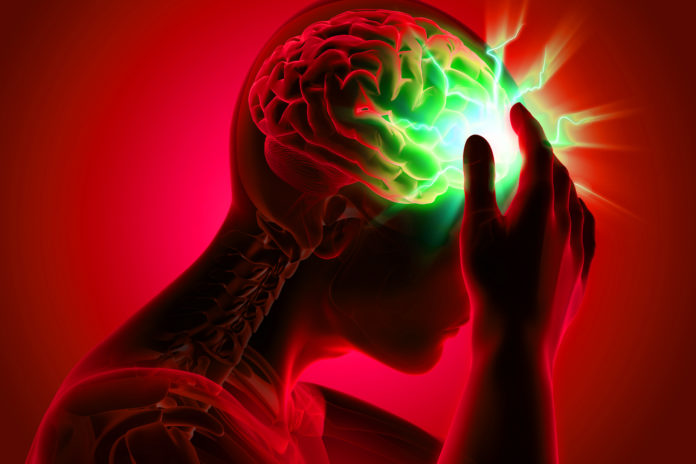With diabetes and cardiovascular diseases on the rise, stroke is one of the biggest causes of long term morbidity but healthcare services are yet to attune themselves to the needs of stroke patients
Many stroke patients do not receive rehabilitation services, according to preliminary research presented at the American Stroke Association’s International Stroke Conference 2018, a world premier meeting dedicated to the science and treatment of cerebrovascular disease for researchers and clinicians.
Stroke is one of the leading causes of death and disability in India. The estimated adjusted prevalence rate of stroke range, 84-262/100,000 in rural and 334-424/100,000 in urban areas. The incidence rate is 119-145/100,000 based on the recent population based studies.
“We don’t know the exact reasons why these patients did not receive rehabilitation, but we assume it has to do with the co-pay that is associated with outpatient therapy services, even for those who have insurance. Home health, on the other hand, does not include co-pays, but there were still over half of those referred who did not receive it,” said Cheryl Bushnell, study author and professor of Neurology and director, Wake Forest Baptist Stroke Center, Wake Forest Baptist Health in Winston Salem, North Carolina.
India has a massive burden of stroke, with many patients denied even timely medical intervention; rehabilitation is a far cry. According to a 2013 article in the Journal of Stroke, “Developing countries like India are facing a double burden of communicable and non-communicable diseases. Stroke is one of the leading causes of death and disability in India. The estimated adjusted prevalence rate of stroke range, 84-262/100,000 in rural and 334-424/100,000 in urban areas. The incidence rate is 119-145/100,000 based on the recent population based studies. There is also a wide variation in case fatality rates with the highest being 42% in Kolkata.”
Timely rehabilitation after stroke is essential to optimize recovery. In the study presented at the conference, researchers evaluated whether patients discharged directly from the hospital to their homes experienced delays or gaps in care. In preliminary results from a pragmatic trial of COMprehensive Post-Acute Stroke Services (COMPASS), researchers called 369 participants thirty days after their discharge from the hospital. These patients included only those who had been referred to rehabilitation either at hospital discharge or at a follow-up clinic visit within 14 days of discharge.
Researchers found:
• 115 patients were referred to home health rehabilitation services, but less than half (43.5 percent) received it;
• 85 patients were referred to outpatient rehabilitation, but only about a third (34.1 percent) received it;
• non-white patients referred to outpatient rehabilitation were 78 percent less likely to receive it than white patients, after adjusting for factors such as age, severity of stroke and degree of disability; and
• no demographic factors were identified that distinguished those who did and did not receive home-based rehabilitation.
COMPASS researchers said a significant gap exists between referral to and receiving recommended stroke rehabilitation services. There may also be a disparity with out-patient therapy for non-white patients; however, these results will need to be replicated in larger trials.


